Nissan Plans to Sell Its Headquarters. Is the Legendary Brand on the Brink of Disappearing?
Could the legendary Japanese automaker really be facing extinction?
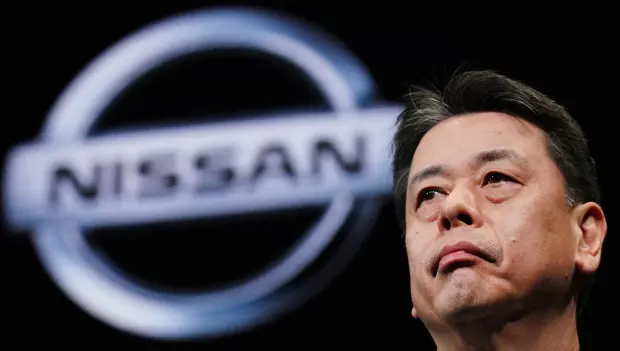
Nissan is planning to sell its headquarters in Yokohama, Japan, to free up short-term cash for operations. Could this mean the legendary Japanese brand is on the verge of disappearing?
According to Nikkei Asia, selling the Yokohama headquarters could bring Nissan about ¥100 billion (roughly $680 million). Experts say this is not just a financial transaction, but also a sign of the company’s urgent need for short-term liquidity. Around the world, many firms are also shifting from property ownership to leasing in order to increase operational flexibility.
But behind this move lies a darker reality. Nissan is going through its toughest period in decades. Global sales dropped nearly 10% in the first quarter of fiscal 2025 to 707,000 vehicles, with revenue of about ¥2.706 trillion (roughly $18.4 billion).
The restructuring plan, called Re:Nissan, includes shutting down seven plants worldwide — among them the legendary Oppama factory in Kanagawa — shifting more production to Kyushu, and cutting around 22,000 jobs.
Nissan is also narrowing its product platforms, streamlining components to cut costs and lighten its already heavy financial burden.
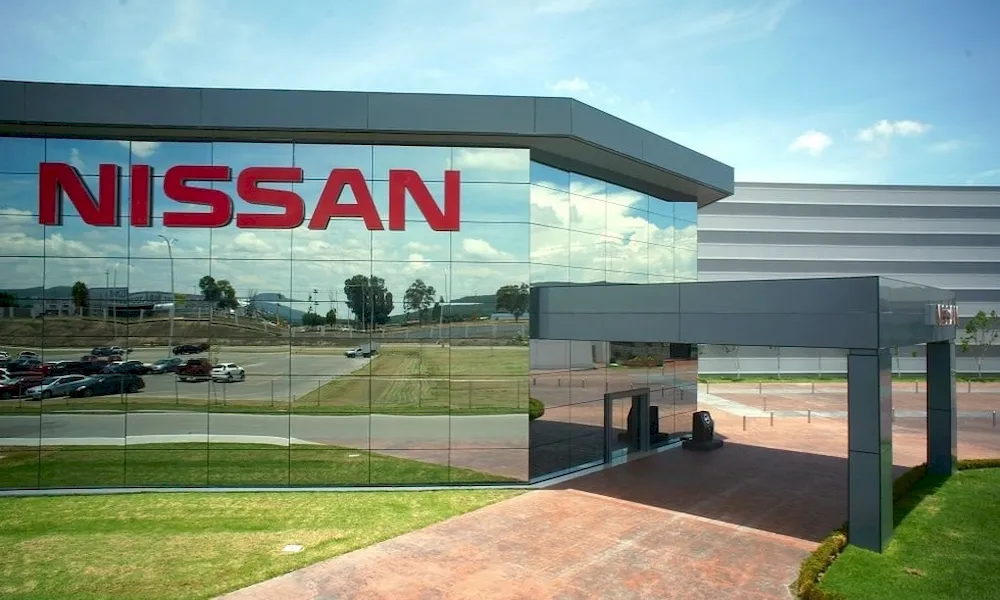
The company’s strategy also calls for reducing global production from 3.5 million to 2.5 million vehicles annually. The goal is to optimize output and improve efficiency at the remaining plants.
In this context, selling the headquarters and leasing it back is seen as a “lifeline,” allowing Nissan to secure short-term liquidity. In Japan, many corporations have chosen similar strategies to compensate for working capital shortages instead of borrowing in an environment of fluctuating interest rates.
Hitachi, Toshiba, and even several major banks have engaged in similar balance-sheet restructuring deals.
For Nissan, however, this move is an unmistakable sign that the company is being forced to sacrifice core assets for liquidity. Analysts warn that the future of this Japanese “legend” now hinges on the speed and effectiveness of its restructuring — and on whether it can regain the trust of shareholders and customers.
You may also be interested in the news:
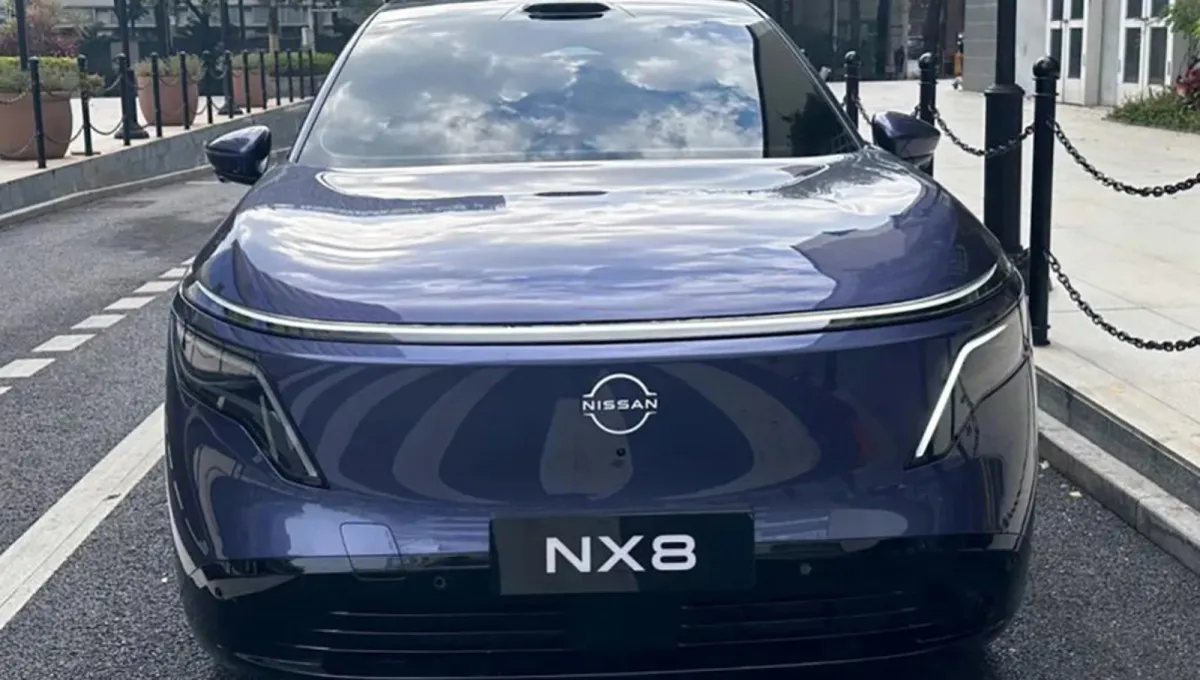
Nissan Reveals the Real NX8: Dimensions, LiDAR, and Versions With Up to 400 Miles of Range
From the outside, the new SUV looks genuinely large.

Nissan Unveils a New High-Performance Nismo Model — the Aura Nismo RS
The new model is a performance-focused version of the standard Aura hatchback.
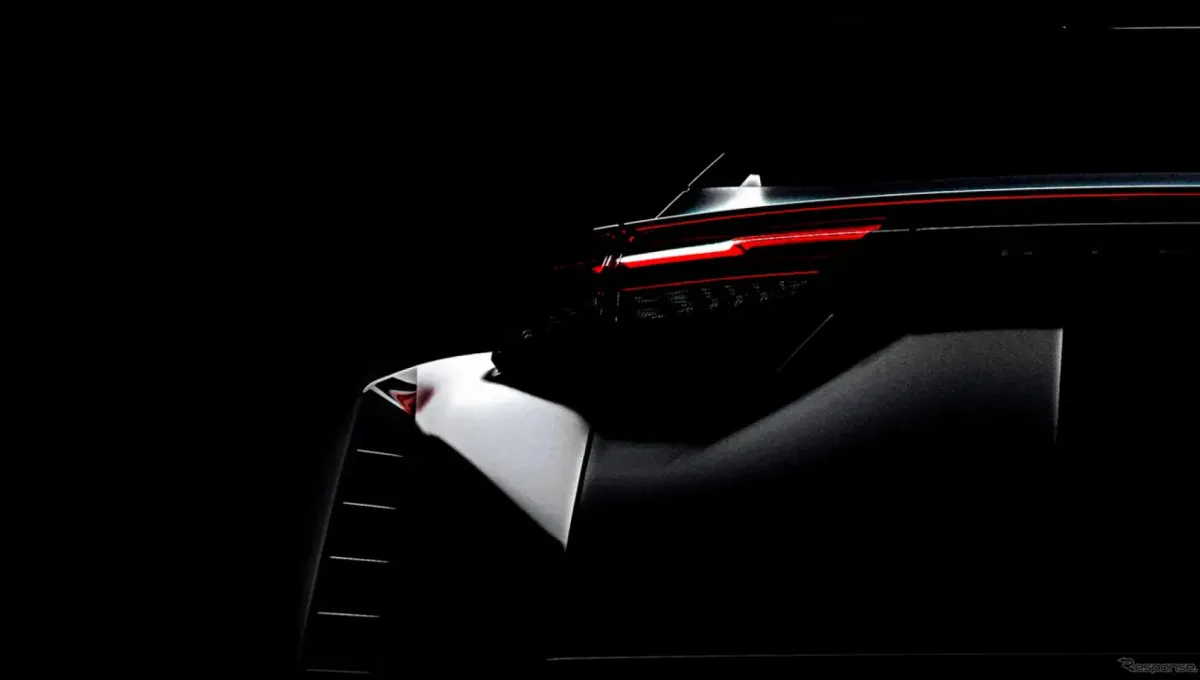
Nissan Teases a Big Surprise: A Mysterious NISMO With a Massive Wing Is Ready to Shake Things Up
Nissan has released a teaser for a new NISMO concept ahead of its debut in Tokyo.

2026 Nissan Frontier Is Neither a Prototype Nor a Concept — It’s a Factory-Built Show Truck
Nissan’s special Frontier project is designed to grab attention and spark ideas.
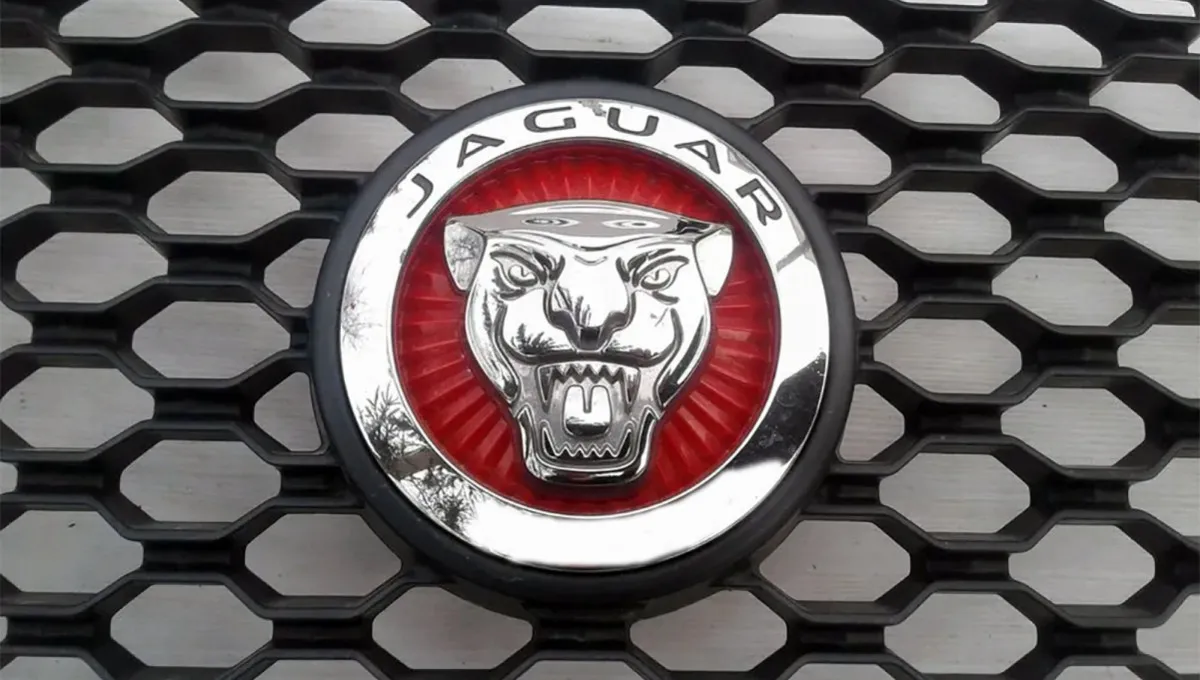
Jaguar Land Rover Announces Recall of 4,716 Vehicles
Jaguar and Land Rover issue urgent recall over risk of passenger airbag failure